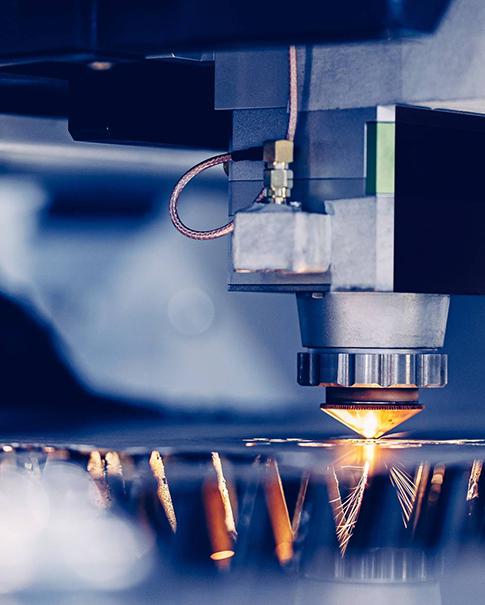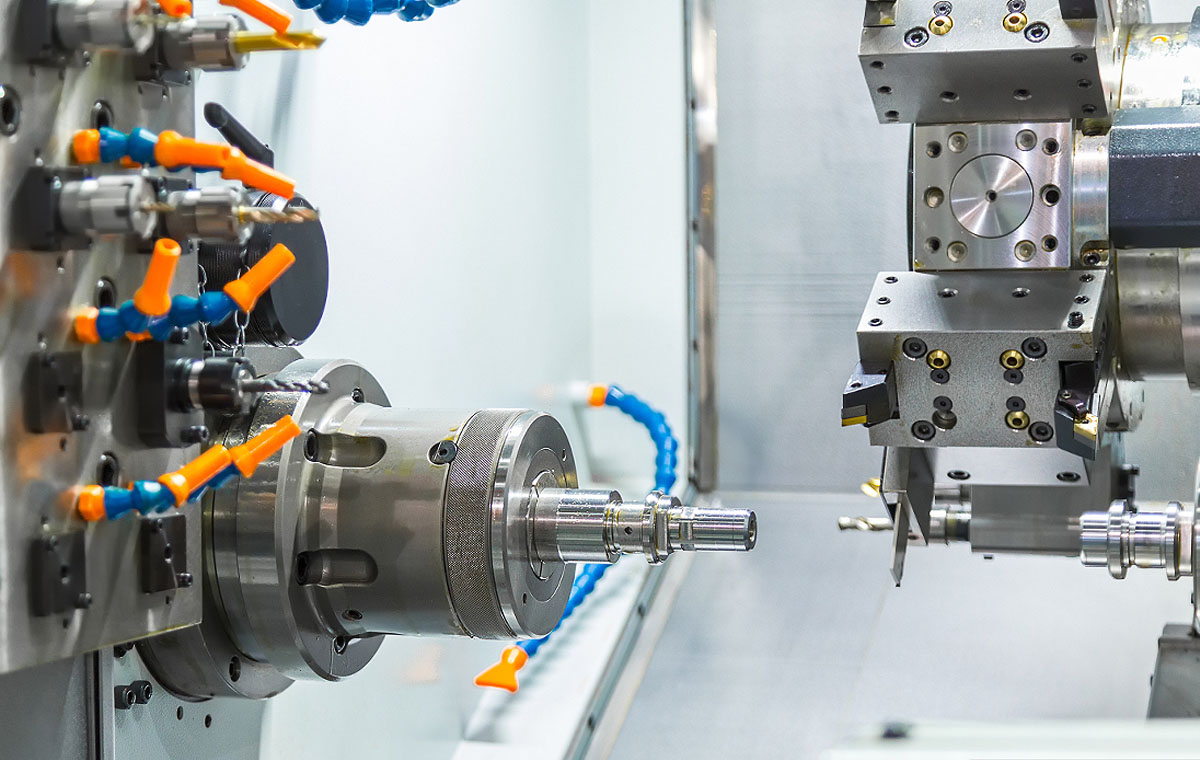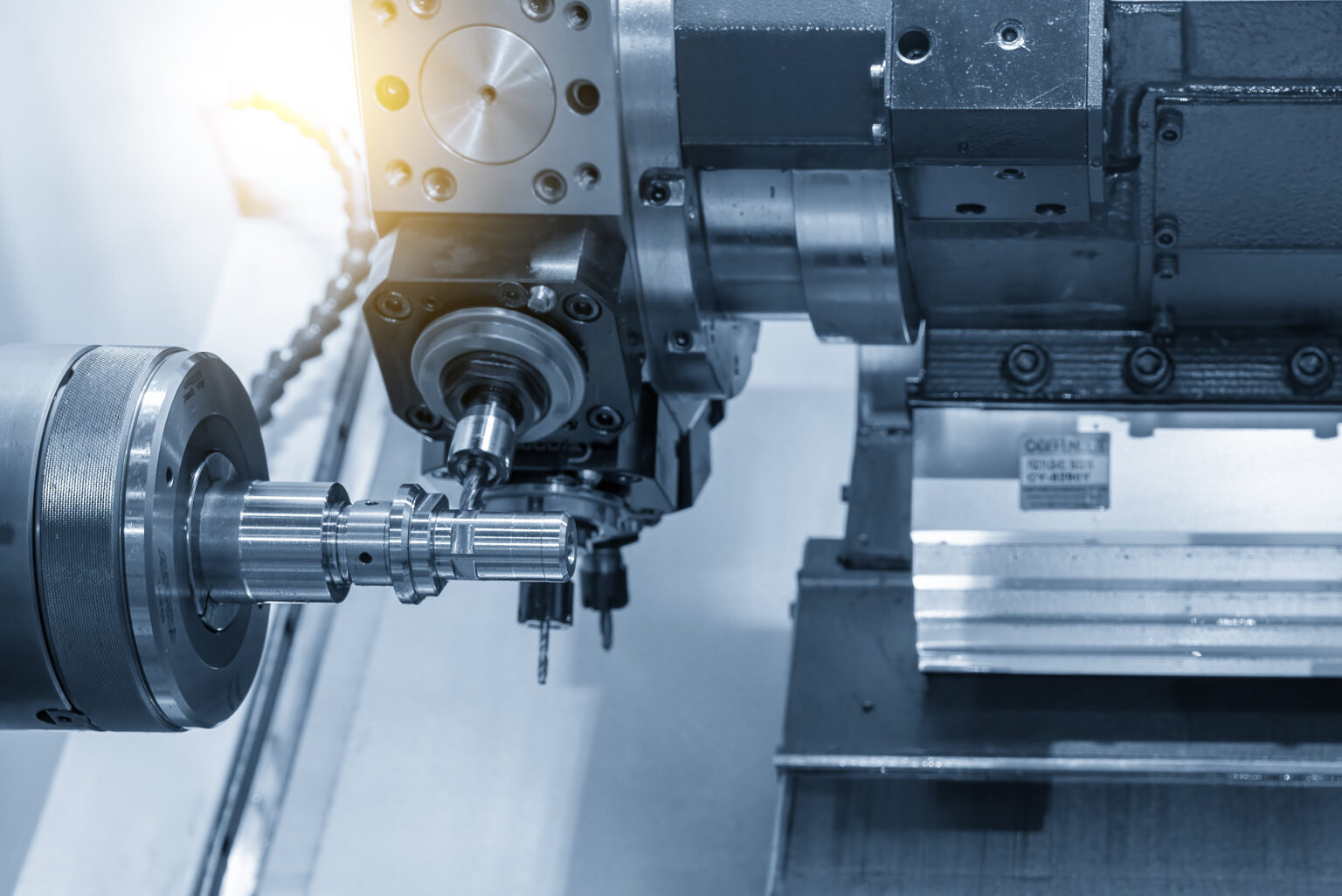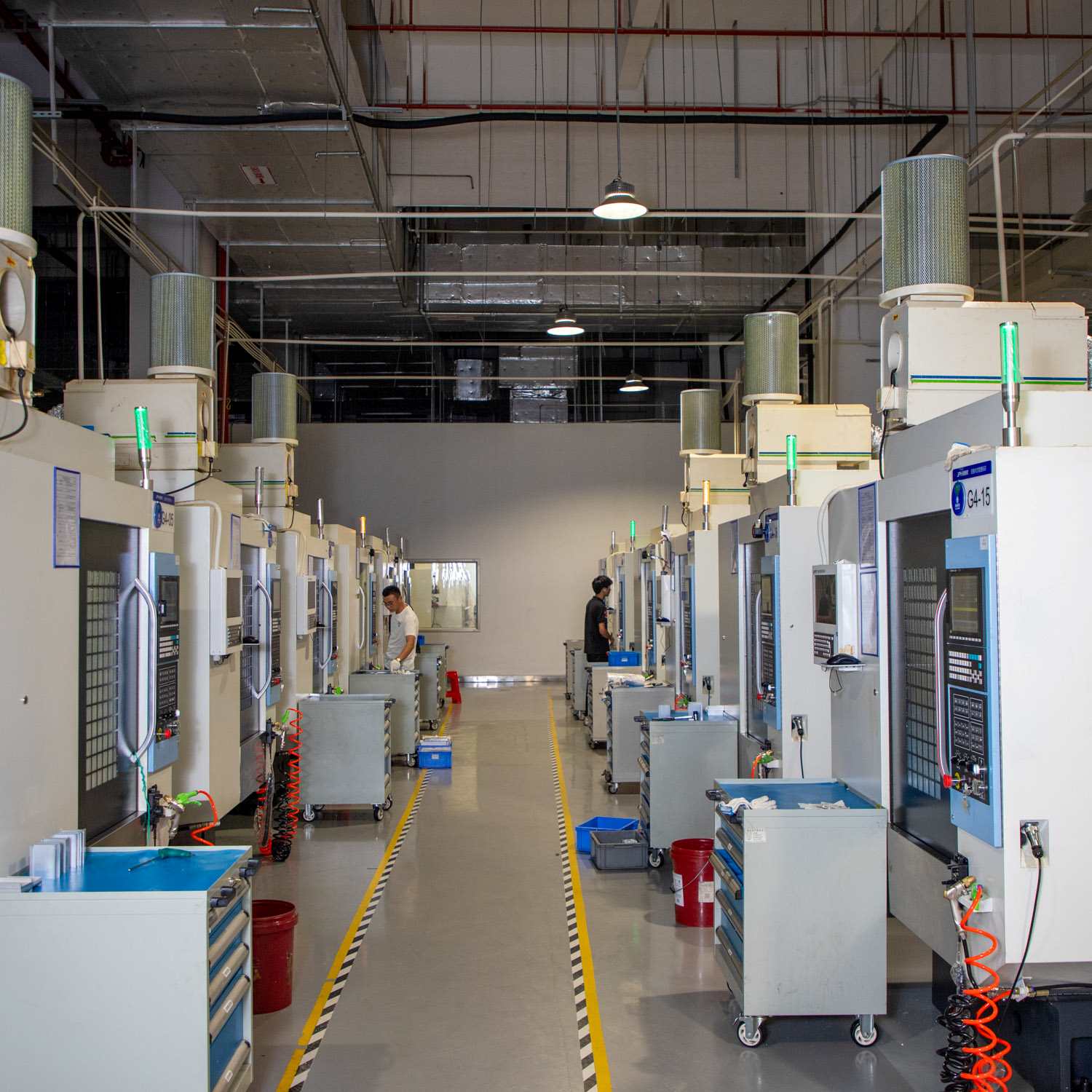
경량 금속의 가공을 고려할 때 티타늄과 알루미늄이 일반적으로 선택됩니다. 이 금속은 유리한 강도 대 무게 비율, 부식에 대한 저항 및 제조 잠재력으로 인해 산업 전반에 걸쳐 널리 사용됩니다.
엔지니어는 종종 티타늄과 알루미늄 간의 체중 및 강도 비교와 같은 특정 응용 분야와 관련하여 이러한 재료의 특성에 대해 문의합니다. 다음 가공 프로젝트에 대한 의사 결정을 돕기 위해 두 금속의 장단점을 강조하는 요약이 있습니다.

티타늄은 의료 임플란트에서 항공기 구성 요소에 이르기까지 다양한 응용 분야에 가공 할 수있는 다목적 금속입니다. 부식성이 우수한 내구성이 뛰어나고 가벼운 재료로 강도와 탄력성이 필요한 부품에 적합합니다.
티타늄 가공은 다른 금속에 비해 작업하기가 더 어렵 기 때문에 절단 및 형성 기술에 대한 전문 지식이 필요합니다. 숙련 된 기계공은 특수 도구와 장비를 활용하여 모든 목적으로 티타늄 부품을 정확하게 제작할 수 있습니다. 기술의 발전으로 티타늄 가공이 더 쉽고 효율적이었습니다.
장점
티타늄은 강도 대 중량 비율이 높기 때문에 항공 우주 구성 요소와 같은 엔지니어링 애플리케이션에 이상적입니다. 또한 탁월한 내식성을 가지고있어 가혹한 화학 물질에 노출 된 해양 및 산업 환경에 적합합니다. 티타늄은 자동차 제조, 의료 장비 생산 및 화학 공학을 포함한 다양한 산업에서 사용됩니다.
단점
티타늄의 주요 단점은 일반적으로 알루미늄 및 기타 금속보다 비싸기 때문에 비용입니다. 또한, 티타늄 부품 제조는 시간이 많이 걸리고 어려울 수 있으며, 원하는 결과를 얻기 위해 신중한주의를 기울여야합니다.

알루미늄은 밀도가 낮고 유리한 강도 대 중량 비율로 인해 가공에서 매우 다재다능한 재료입니다. 복잡한 기계 건설에서 전자 제품 및 건축 설계에 사용되는 미적으로 유쾌한 구성 요소의 생산에 이르기까지 다양한 금속 가공 프로젝트에서 광범위한 사용이 있습니다.
알루미늄의 가단성으로 인해 모양과 개척이 쉽고 가공 온도가 낮아서 최소한의 폐기물로 구성 요소를 빠르게 수정할 수 있습니다. 또한, 부식성 속성으로 인해 많은 산업에서 매우 바람직합니다. 가공 응용 프로그램에 탁월한 선택이됩니다.
장점 :
티타늄과 달리 알루미늄은 훨씬 저렴하므로 예산 제약 내에서 일하는 엔지니어에게 인기있는 옵션이됩니다. 또한 알루미늄은 광범위한 열처리 기능을 제공하여 제조업체가 연성, 경도 또는 기타 기계적 특성을 미세 조정하여 특정 요구 사항을 충족시킬 수 있습니다.
단점 :
알루미늄은 강철과 같은 무거운 금속과 비교할 때 내구성이 뛰어나고 가벼우 며 티타늄이 제공하는 강도 대 중량비가 부족합니다. 이것은 알루미늄이 티타늄보다 저렴하지만 알루미늄 제품의 수명은 적용에 따라 열등 할 수 있음을 의미합니다.
가공 프로젝트에 가장 적합한 금속 유형을 결정하려면 약간의 연구가 필요합니다. 작업 환경, 프로젝트의 복잡성 및 완료시 원하는 특성을 고려해야합니다. 티타늄 프로젝트는 상대적인 경도로 인해 특수 장비 및 툴링을 요구하는 경향이 있습니다. 프로젝트에 탁월한 정밀도가있는 복잡한 세부 사항이 필요한 경우 강력한 강도로 인해 티타늄이 이상적 일 수 있습니다.
궁극적으로, 각 경우는 여러 요인을 고려하여 신중하게 고려해야합니다. 가공 프로젝트의 티타늄 또는 알루미늄을 결정하기 전에 기능과 단점을 평가하는 것이 중요합니다.

Safekeso는 일정에 따라 정확하고 정확하며 비용 효율적인 구성 요소를 제공하겠다는 약속으로 알려진 알루미늄 및 티타늄 가공 서비스의 주요 제공 업체입니다. 고품질의 출력을 보장하기 위해 고급 장비와 혁신적인 기술을 사용합니다.
Safekeso의 숙련 된 엔지니어는 다양한 등급의 알루미늄 및 티타늄을 사용하여 최고 수준의 부품을 제조하는 데 광범위한 경험을 가지고 있습니다. 그들은 지속적으로 신뢰할 수있는 결과를 제공하며 더 엄격한 공차를 달성하고 생산 속도를 높이는 능력 덕분에 다양한 가공 요구를 충족시킬 수 있습니다.
요약하면 Safekeso는 가공 프로젝트를위한 신뢰할 수있는 파트너로서 알루미늄 및 티타늄에서 가공 부품을 생산하는 전문 지식, 신뢰성 및 효율성을 제공합니다.